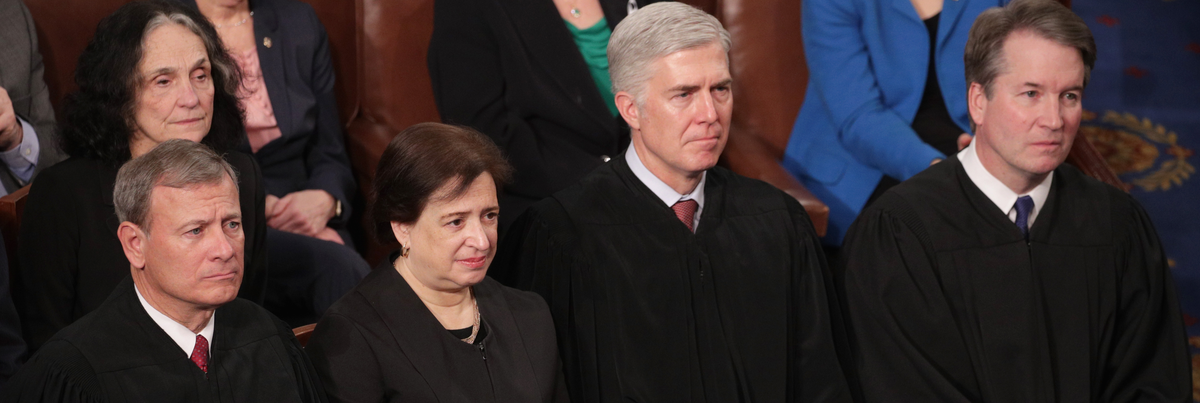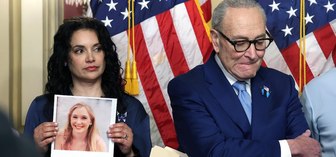On Tuesday, the Supreme Court of the United States ruled that Montana could not exclude religious schools from a private school scholarship program that is funded by state tax credits.
In the 5-4 decision, Chief Justice John Roberts wrote that states are not required to fund private education, but that “once a state decides to do so, it cannot disqualify some private schools solely because they are religious.” A YouGov snap poll indicates that half of registered voters (50%) approve of the Espinoza v Montana Department of Revenue decision. Just two in five (40%) disapprove, and 10 percent are uncertain.
The Supreme Court decision is notably popular among Christians who are registered voters. Two-thirds of registered voters who identify as Protestant, Catholic, or Mormon (65%) approve of the decision. Three in five registered voters affiliated with any religion (61%) support the decision, compared to just 22 percent of those who identify as atheist, agnostic, or nothing in particular.
The ruling makes it easier for religious schools to receive public funds because the Supreme Court determined that the rationale for the Montana Supreme Court’s decision was unconstitutional. The state Supreme Court had initially ruled that the state’s private school scholarship program violated Montana’s constitutional ban on state funding for schools affiliated with a specific religion.
While a plurality of registered voters favor the Supreme Court decision (50%), they are more opposed to religious schools receiving public funds in general (51%). About one-third (35%) are strongly opposed to public funding being routed to religious schools, while about one in five (22%) strongly support it.
The Supreme Court decision was lauded by Secretary of Education Betsy DeVos, who said “each and every student needs the freedom to find their educational fit, and today the Highest Court in the Land has protected that right by ensuring that families can use taxpayer funds to choose schools that match their values and educational goals, including faith-based schools.”
Most registered voters — regardless of religious affiliation — say it is “very important” to maintain a separation between church and state. A strong majority of registered voters (83%) say it is very or somewhat important to maintain this separation, as do registered voters affiliated with a religion (82%) and those affiliated with no religion (89%).
This consensus could be due to varying definitions of what the separation of church and state means. To some, the separation of church and state means “the legal right of a free people to freely live their faith, even in public; without fear of government coercion.” To others, it reinforces the idea that public money should not be used to fund religious institutions.
Related: Registered voters split on whether Washington, D.C. should gain statehood
Learn more about YouGov Direct and sign up for the YouGov Daily e-newsletter
Methodology: This article is based on a flash poll of 1,000 registered voters surveyed via YouGov Direct on June 30, 2020 between 12:55 p.m. and 1:57 p.m. This YouGov Direct Poll was weighted according to age, gender, race, education, and 2016 presidential vote. The margin of error is ±4.3%
Image: Getty










